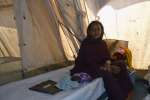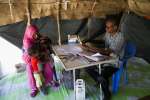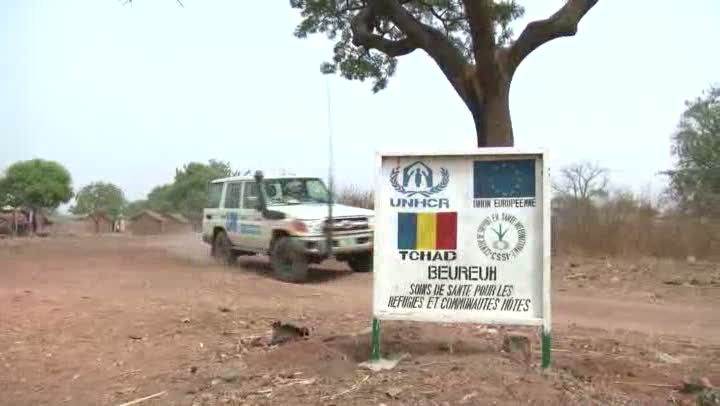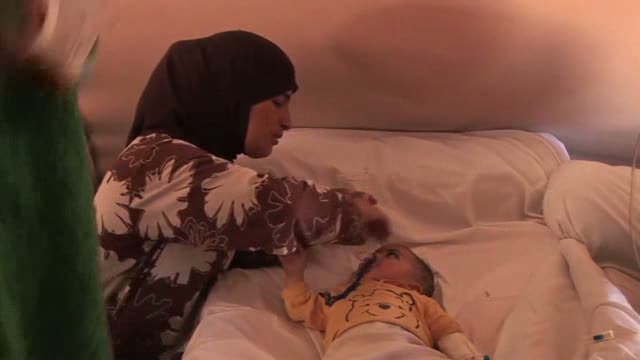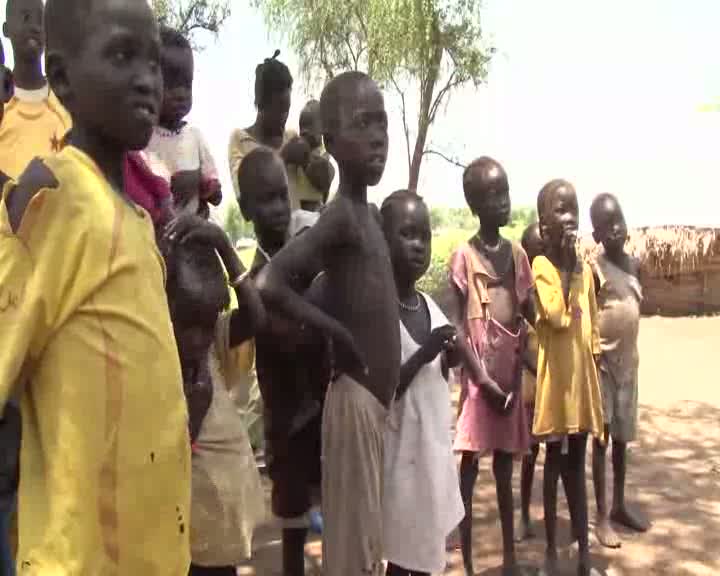Czech mission funds mobile health care project for refugees in Malaysia
News Stories, 25 June 2007

KUALA LUMPUR, Malaysia, June 25 (UNHCR) – The Czech Embassy in Kuala Lumpur has agreed to fund a nine-month UNHCR project aimed at providing mobile health care for about 1,000 refugees in Malaysia.
Under an agreement signed on Friday with UNHCR and implementing partner, Mercy Malaysia, the Czech mission will provide US$19,000 for the project, which is due to get under way on July 1. Mobile clinics will serve refugees – mainly from Myanmar, including the Rohingyas and the Myanmar Muslim communities – in Klang district, 30 kilometres west of Kuala Lumpur.
An estimated 150 consultations will be made every month for general health care, including mental health care and pre- and post-natal care. Referral services will be provided for those requiring second-line treatment.
"Access to health care services is sometimes limited for refugees and asylum seekers due to various factors such as costs of medical care, language barriers and difficulties in physically accessing hospitals and clinics," said Volker Türk, UNHCR's representative in Malaysia. "This mobile clinic project will enable health care services to reach refugees where they are," he added.
Czech Republic Ambassador Dana Hunatova said she hoped the project would bring benefit to refugees in Malaysia and also draw more attention to the problems they face. "We understand the whole complexity of this issue and we hope that with this small contribution we are also helping Malaysia to tackle it," she said, noting that refugees cannot find legal employment, cannot send their children to school and have limited access to basic health care.
UNHCR's Türk paid tribute to the Malaysian health authorities for ensuring access to health care for marginalized groups. The project aims to complement medical services provided by state-run and private clinics by bringing health care to refugees who – for various reasons – are unable to travel far.
At the beginning of this month, there were some 37,000 refugees and asylum seekers registered with UNHCR in Malaysia, mainly from Myanmar.
By Yante Ismail in Kuala Lumpur, Malaysia











































